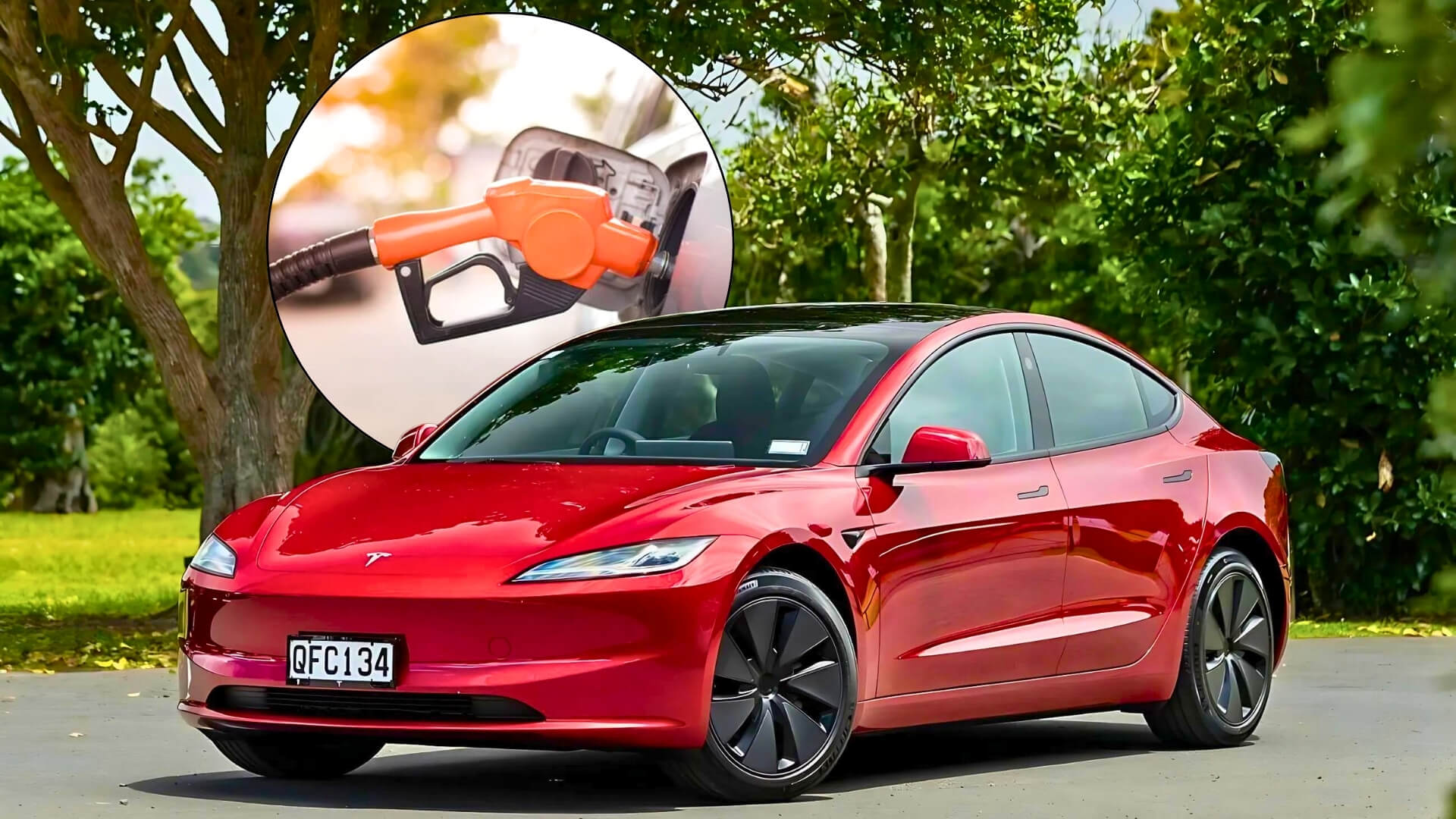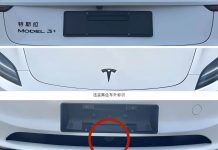A recent Geotab research report has provided some of the most convincing evidence to date that the batteries in electric vehicles (EVs) are much more durable than many critics had thought. Using data on more than 10,000 electric vehicles, researchers found that the typical EV battery degrades by only 1.8% per year, with failure rates under 0.5%.
This implies that under real-world conditions, modern EV batteries can easily last 20 years or longer – longer than most gasoline-powered cars, which in the United States have an average helpful service life of about 14 years.

Study Overview: 10,000 Vehicles, Real-World Data
The study, titled “How Long Do EV Batteries Last? EV Battery Health Insights from 10,000+ Vehicles,” examined a wide range of electric vehicles used in everyday driving. To measure long-term performance, researchers monitored battery life, charging patterns, and environmental conditions.
Their results offer hope to both current and future EV owners: battery degradation is not instantaneous and disastrous, but rather slow and controllable. This evidence indicates that even after years of driving, most batteries retain more than 90% of their initial capacity.
Over the years, those opposing electric vehicles have claimed that any environmental or economic benefits would be counterbalanced by the cost and wear of the battery and the cost of replacement. But the Geotab study argues this point squarely.
EVs have less than 0.5% failure rates on batteries, and they are becoming more reliable than most combustion engines, which have higher mechanical failure rates as they age. It is also noted in the study that the vast majority of EVs currently on the road are still on their original factory-fitted batteries, which demonstrate impressive durability when compared to previous-generation cells.
Smart Charging Equals Longer Life
The researchers note that adopting smart usage habits can significantly enhance battery life. Simple steps such as:
- Not to charge often (which produces more heat).
- Charging battery between 20-80%.
Carparking and driving during moderate temperatures can bring a noticeable difference over time.
In fact, most EV makers already install a battery management system (BMS), which automatically controls the process of charging and discharging to avoid overuse. Together with user mindfulness, this technology has contributed to efficient and reliable EVs for decades.
EVs vs Gas Cars: A Clear Longevity Advantage
The results are shocking when it comes to comparing the average life of EVs and gas cars. Although the average gasoline car will require 14 years before significant maintenance or replacement makes it non-economical, EVs, whose batteries are properly maintained, may live well beyond 20 years.
Also, EVs offer fewer moving parts, thus fewer parts that can break. No oil changes, spark plugs, or exhaust to take care of. The outcome is a lighter, cleaner, and more reliable mode of transport.


















